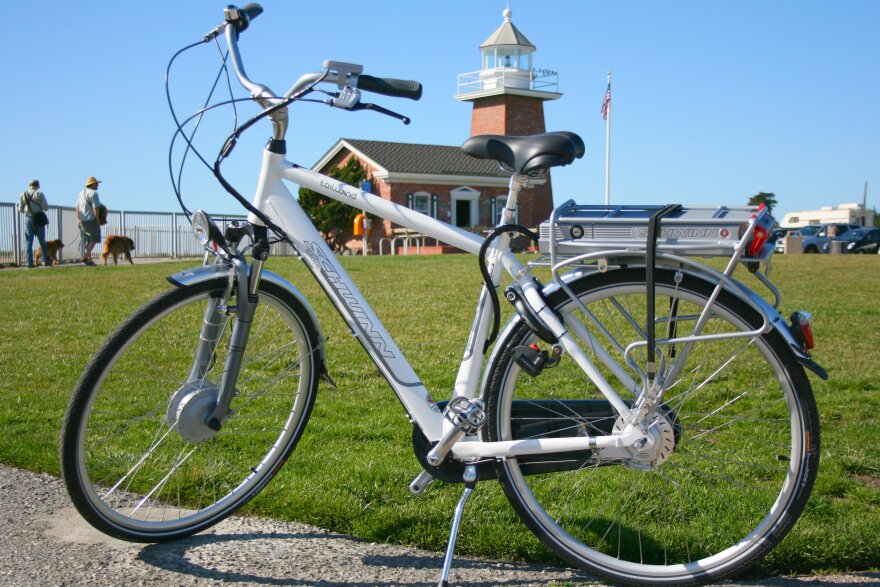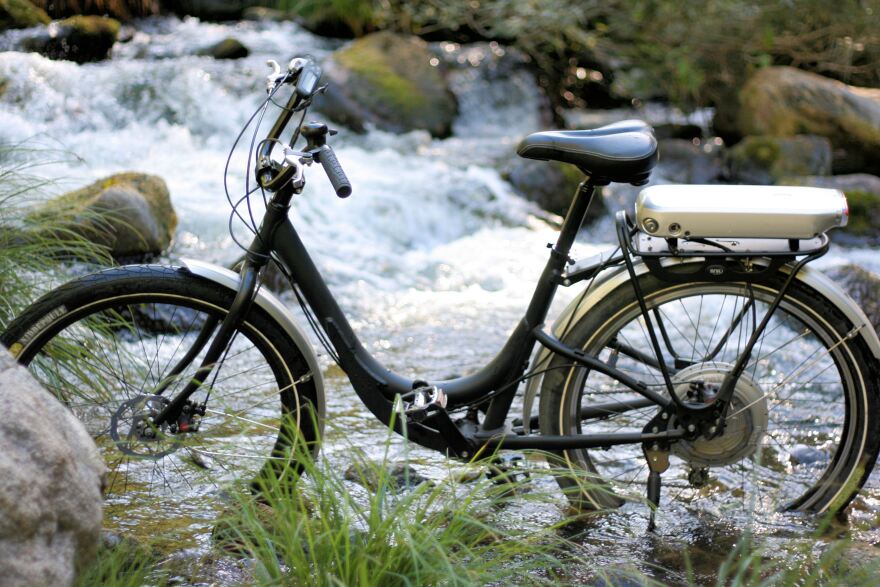I don’t know about you, but I was devastated when I heard the Nature Climate Change report in May of 2018 that global tourism is responsible for 8% of all greenhouse gases, that travel is a major engine of climate change. That estimate was four times higher than previous ones, because someone finally looked at the big picture, and included the climate costs of all aspects of tourism, not just jets and other big-carbon transport.
I was devastated because travel, to me, has so many positive aspects. How do we minimize the negative? Living in a time and place where we haven’t yet decided, politically, to turn the tide on climate change—to join with the rest of the world in trying to save the beauty and diversity of life that we have all been blessed to witness and enjoy—how do we keep our heads above water, so to speak? How do we stay positive?

My best idea is to take a page from a previous politicized culture war, and start the change at home. Remember when it was the tobacco companies, not big oil, that had armies of politicians in their pockets, working overtime to cast doubt on the science that was telling us, in no uncertain terms, that smoking was dangerous?
Halting and then reversing climate change will be harder than deciding to quit smoking, and, in the interim, smoking outside to protect your family. Many solutions are beyond our personal reach, though most of us can choose to take a train or a bus rather than a plane. Many of us can ride our bike to work or the store instead of driving—and get stronger and healthier in the bargain.

Whatever else we do, it’s important to remain hopeful, because new things have a way of showing up when least expected. Miracles do happen. I was reminded of this just the other day, when I read about a materials science professor at MIT who has come up with a new electric battery technology powerful enough to launch an airplane. Imagine that! Electric planes, at long last. Eliminating airplane pollution from the climate equation is huge. Even more important, such an advancement means that all transport could easily go electric. Shall we say sea change, maybe just in time to prevent sea-level rise?
But what do we do while we wait for that change to arrive, and for other changes? While we push our leaders to lead us, and work to find the most viable technical and technological solutions, we do what we humans always do. We do whatever we can at home, and in our own backyards.
One area of advance that’s already visible, already available, and already affordable, is e-mobility on a smaller scale.
Some of us are already sold on the benefits of electric vehicles but can’t quite afford that new car. But how about an electric skateboard? Advances in small electric motors and batteries mean all types of alternative transportation is now becoming viable astransportation. Time to consider again that electric scooter, or—better yet, given the exercise aspect—an electric bike, versatile enough and inexpensive enough now to get almost anyone out of their car for around town, and even short trips out of town. You can get a top of the line, mountain bike-style, quick-charge electric bike now for a few thousand dollars—a bike easy to ride on flat and hilly roads alike, and paved or gravel bike paths, but also perfect off the road for trail riding. Fellow travelers, even those of you getting a little gray on top—is that perfect, or what?




